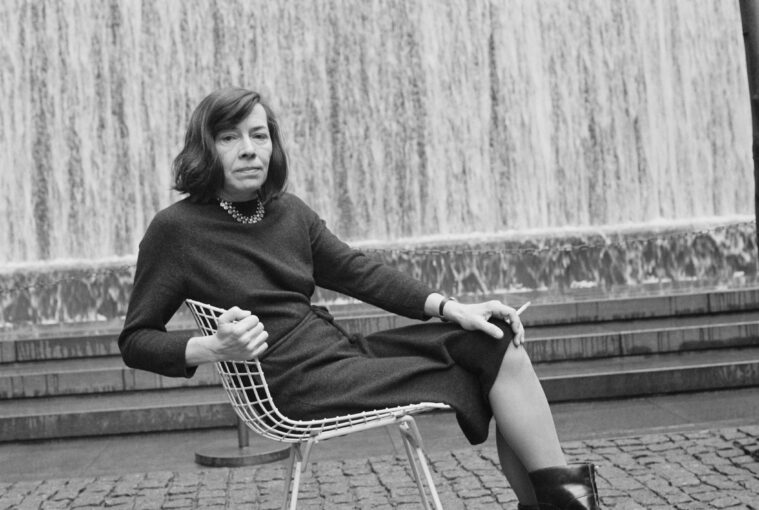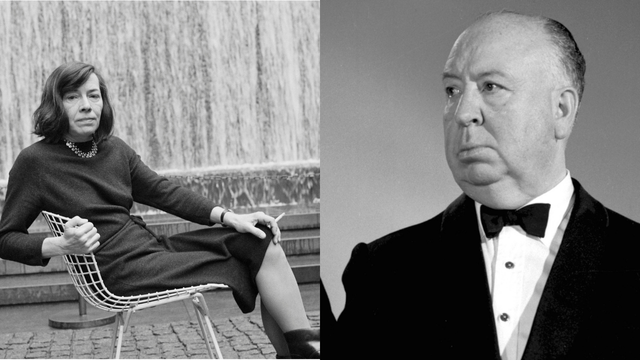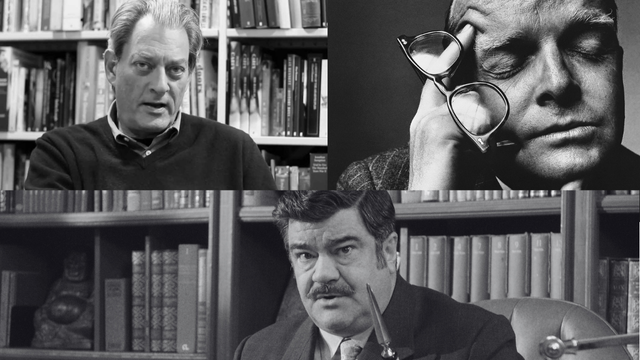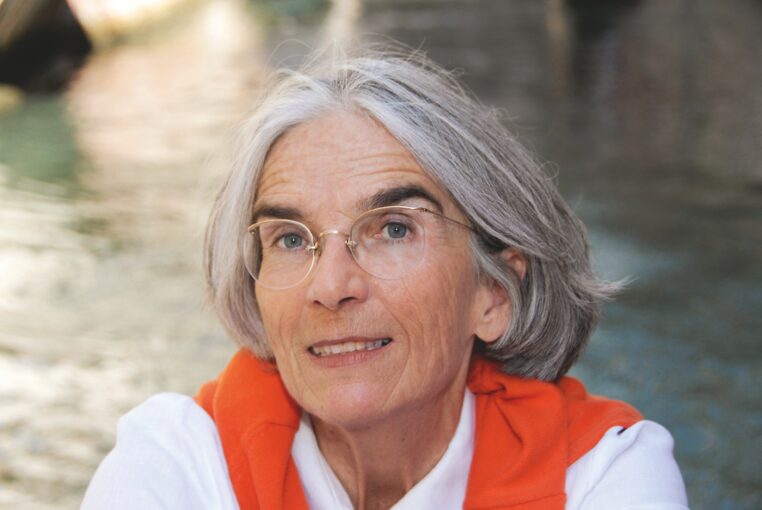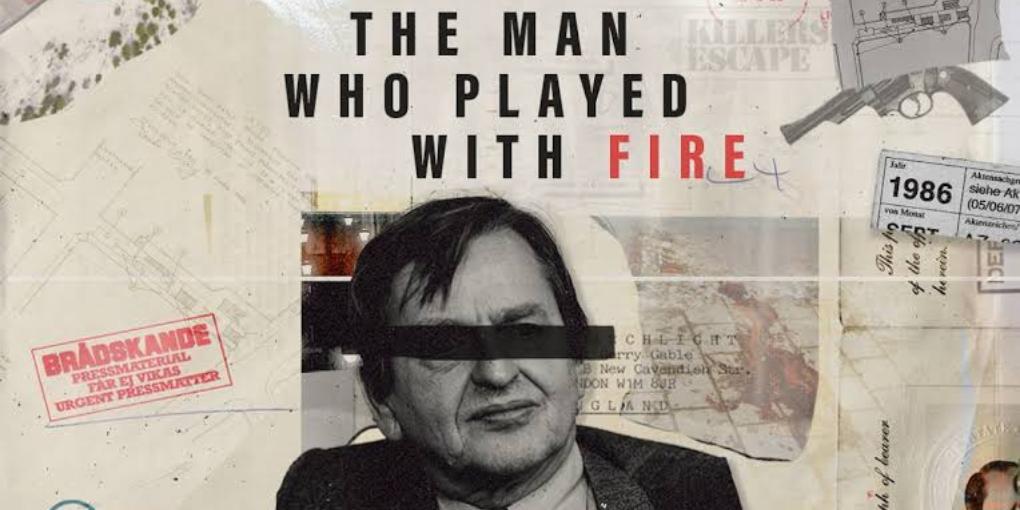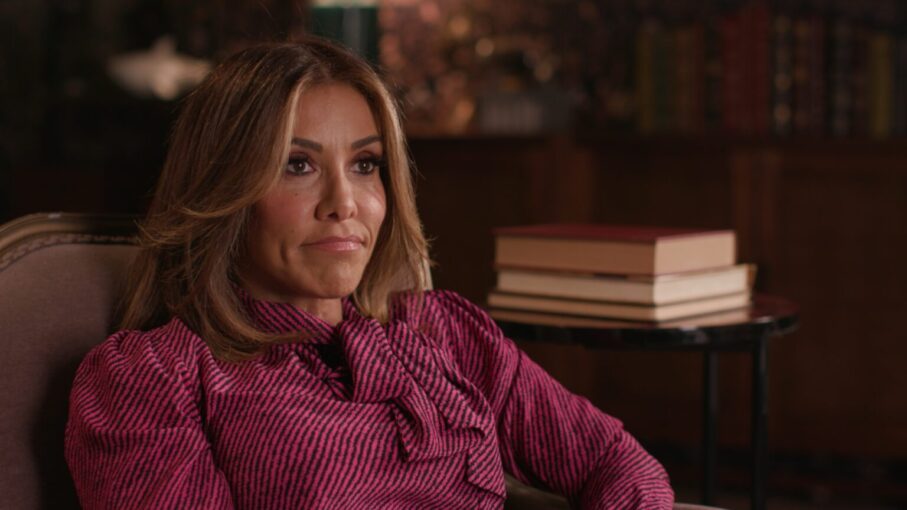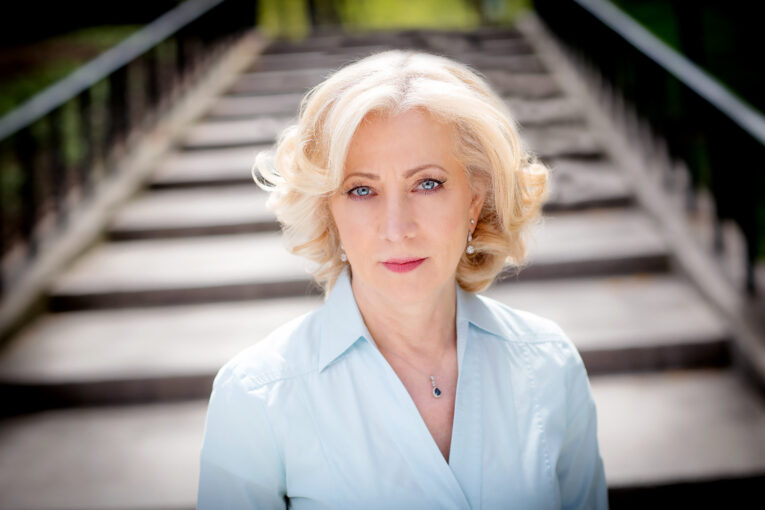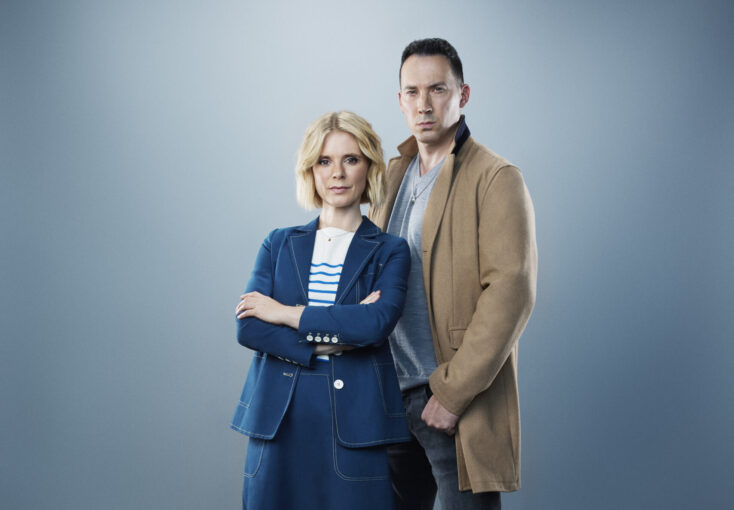What are the virtues of attaining late middle age in the early 21st century? Are there any? Well… for males, there’s better life expectancy than our fathers had — mine didn’t even make it to my age, but then his high-cholesterol, low-exercise lifestyle didn’t exactly lend itself to longevity (wine apart, I’m hoping that mine does). And there is one advantage for someone like myself (who writes about crime fiction and films) – I’ve been around long enough to meet two of my favourite creators (both massively talented, but neither the sweetest individual): I was able to speak to both – wait for it! — Alfred Hitchcock and Patricia Highsmith. The former was a single occasion only, in the green room at an event at the British Film Institute before the Master of Suspense’s TV interview with Brian Forbes. In fact, there is a BBC recording of the subsequent programme, in which I can be seen (in all my 20-year-old Islington Gazette journo glory) asking the great man a question. I’d been told by people organising the event that my green room question would be a good one to ask on camera (it involved the ‘transference of guilt’ theme and killing off your top star in Psycho), and on neither occasion did the Olympian Hitchcock look even vaguely interested in me. But then – why should he? He was already tired before the filming, and pointed out that he might cut things short – which he did, audibly, telling Brian Forbes during the recording ‘Let’s cut it now’ (Forbes didn’t). That piece of film ended up on the cutting room floor (as did several rambling and incoherent questions from the audience, one from an elderly lady who’d known Hitch in his British Gainsborough Studio days). But I can’t blame Hitchcock for taking absolutely no notice of me – I was a callow whippersnapper in a roomful of far more experienced journalists. He answered my question, however, twice – both on and off camera. Under that cold Buddha gaze, though, I didn’t take in his answer – until I watched the programme on a tiny Sony Trinitron in my Belsize Park bedsit a month or so later.
“On the occasion when I first met her at a launch organised by her late and much lamented editor Paul Sidey, I may have been in my early twenties, but I did summon up the resolve to talk to the fearsome Highsmith – amazingly, this dark, intense figure (with her helmet of unlikely black hair) was standing on her own in a corner of the room, smoking furiously (you could do that indoors back then). And nobody was talking to her! Nobody was talking to Patricia Highsmith, for God’s sake!”
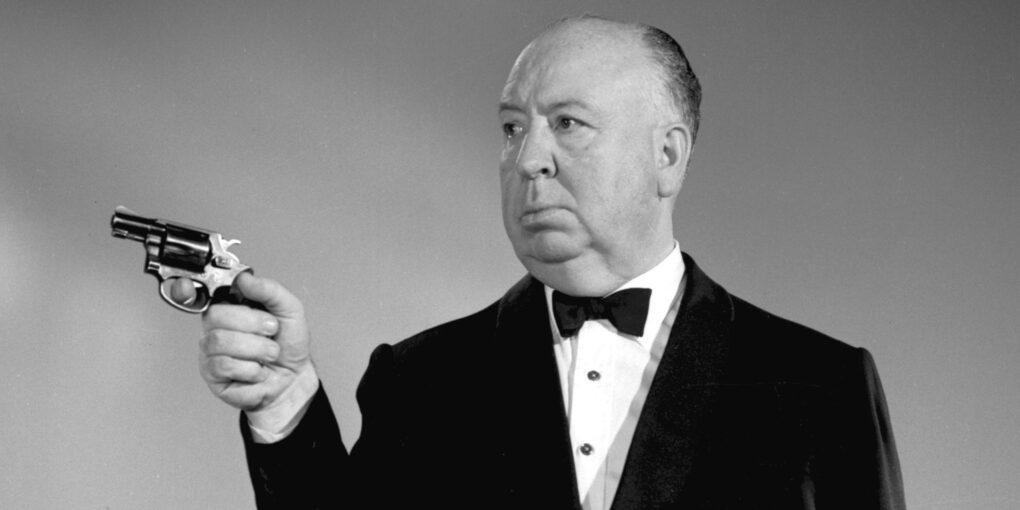
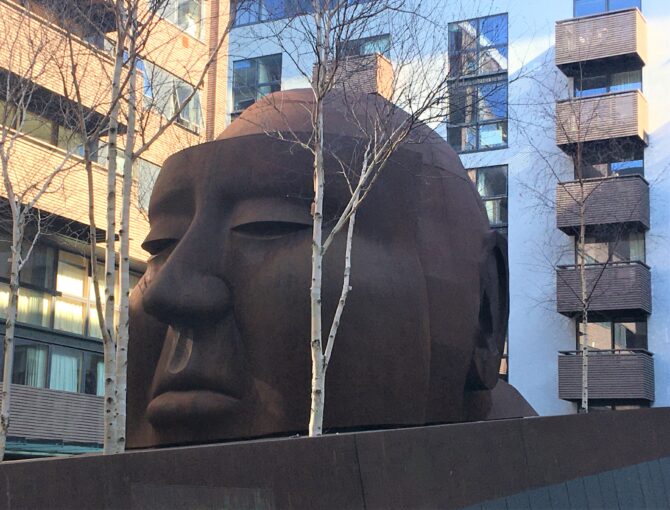
Patricia Highsmith, however, was another matter. On the occasion when I first met her at a launch organised by her late and much lamented editor Paul Sidey, I may have been in my early twenties, but I did summon up the resolve to talk to the fearsome Highsmith – amazingly, this dark, intense figure (with her helmet of unlikely black hair) was standing on her own in a corner of the room, smoking furiously (you could do that indoors back then). And nobody was talking to her! Nobody was talking to Patricia Highsmith, for God’s sake! So, I gritted my teeth and approached her. Highsmith, of course, remains unmatchable in the crime field, and was so even then. (It’s good to see Little, Brown reissuing her books; the first three are The Glass Cell, A Suspension of Mercy and Those Who Walk Away). Her titles are essential purchases for crime aficionados, even if you don’t share her dyspeptic view of humanity, which I experienced – both barrels. What did we talk about? Buy me a glass of wine when I next see you, and perhaps I’ll tell you. I will say that Anglo-Saxon verbs and Alfred Hitchcock were part of the conversation – remember, he filmed her remarkable debut novel Strangers on a Train. She told me she wasn’t happy with the movie (putting it in considerably more forceful terms than that sentence) and was particularly unhappy that the murder swap between hero and villain of the novel did not take place in the film. I found myself in the position of having to defend Hitchcock – replying that he couldn’t possibly have filmed such a thing within the Hollywood restrictions of the day. She wasn’t having any of that defence. And as for the views that Highsmith expressed to me on the subject of lesbianism, despite being gay herself… my eyes were opened!
